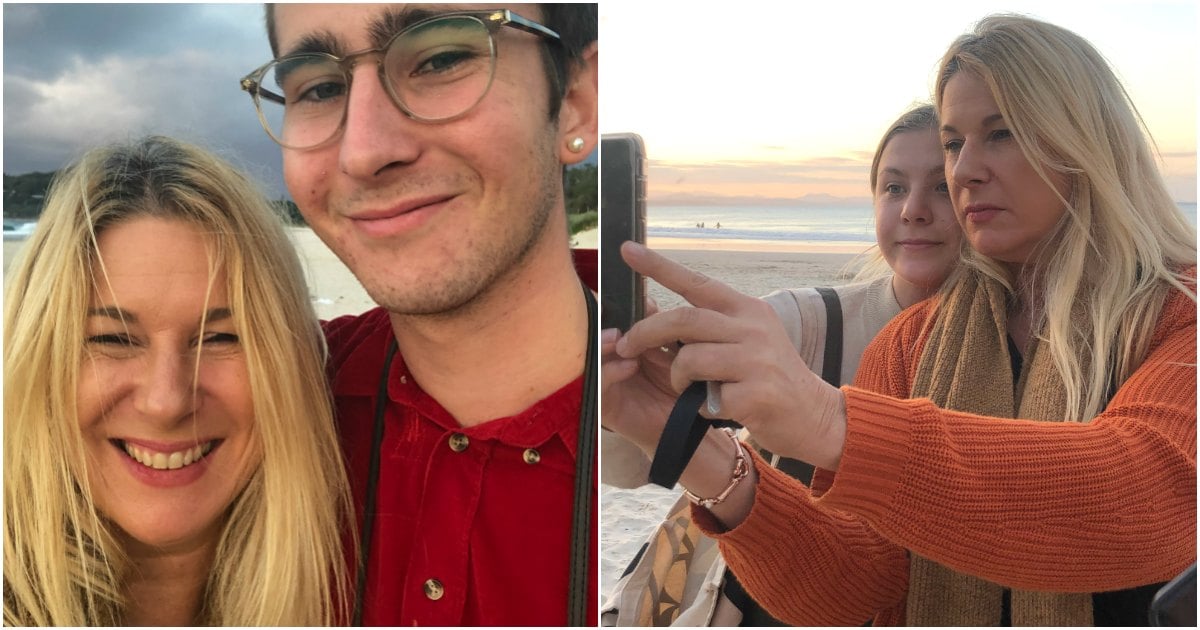The Shift in Perspectives for Older Women
The traditional narrative of “happily ever after” often ends with a lifelong partnership. However, for an increasing number of older women, particularly those who have experienced marriage, a different story is emerging in their later years. These women are finding that life without a husband—whether through divorce, widowhood, or a conscious choice to remain single—can lead to a deep and unexpected sense of happiness and liberation. This isn’t about bitterness or anti-male sentiment; it’s about prioritizing self, peace, and passions that may have been sidelined during earlier life stages.
Dr. Sarah Jenkins, a sociologist specializing in gender and aging, explains, “There’s a significant shift in how older women are defining fulfillment. Many have spent decades in roles where their needs were secondary, and as they age, there’s a powerful reclaiming of self.” She adds, “The happiness they find in singlehood often stems from newfound autonomy, a reduction of emotional labor, and the freedom to craft a life that perfectly aligns with their personal desires, unburdened by compromise or traditional expectations.”
This transformation involves shedding external expectations and embracing an authentic, self-directed path. Here are 10 compelling reasons why older women are reportedly finding more happiness without husbands:
Reclaiming Personal Autonomy and Freedom
After years of making joint decisions, compromising on daily routines, or adhering to a partner’s schedule, singlehood offers complete control over their lives. They can spontaneously travel, redecorate their homes, choose their social engagements, and set their own pace without needing to consult or negotiate. This absolute freedom is incredibly liberating.
Reduced Emotional Labor
In many traditional partnerships, women often bear a disproportionate share of emotional labor—managing the household’s emotional climate, anticipating needs, and resolving interpersonal conflicts. Being single means shedding this often invisible, draining work. They no longer feel responsible for a partner’s moods or emotional well-being, freeing up significant mental and emotional energy.
Rediscovering Personal Passions and Hobbies
Years of partnership might have meant setting aside personal interests or fitting them around a husband’s schedule or preferences. Older single women have the unencumbered time and space to delve deeply into neglected hobbies, pursue new educational interests, or fully engage in creative endeavors that truly light them up.
Less Domestic Burden and Mental Load
Even in modern relationships, women often handle the majority of household management, planning, and upkeep. Without a husband, the constant mental load of managing another adult’s needs (laundry, meals, appointments, emotional support) drastically reduces. They only manage their own lives, leading to a calmer, less cluttered mind.
Deeper, More Authentic Friendships
Many women report that friendships sometimes take a backseat during marriage, or that a partner’s social preferences dictate their social life. Singlehood allows them to invest more deeply in their female friendships and other platonic connections, fostering powerful, supportive networks based on shared interests and genuine emotional intimacy.
Financial Independence and Control
While financial partnership can be beneficial, it can also come with disagreements or a lack of individual control over spending and saving. Older single women often feel empowered by having complete control over their finances, making decisions that align solely with their own retirement goals and lifestyle choices.
Escaping Unresolved Conflict or Persistent Criticism
For those who were in challenging or contentious marriages, singlehood means an end to perpetual arguments, criticism, or emotional strain. The absence of constant friction brings profound peace. They no longer feel the need to defend themselves or navigate a difficult emotional landscape daily.
Prioritizing Self-Care and Well-being
With fewer demands on their time and emotional energy, older single women often have more space to focus on their physical and mental health. They can dedicate more time to exercise, healthy eating, relaxation, mindfulness, and sleep, leading to improved overall well-being.
Redefining Their Identity Beyond “Wife”
After decades of being defined partly by their marital status, singlehood allows them to explore and embrace aspects of themselves that may have been suppressed or overshadowed. This can be a profound period of self-discovery and self-actualization, where they reconnect with their core identity and purpose outside of a spousal role.
Enjoying Undisturbed Peace and Quiet
Simply having their own space, silence, and the ability to dictate their own environment without interruption. This fundamental peace is invaluable. They can read, relax, or simply exist in quietude without the constant background noise or demands that a shared living space can bring.
The decision to live without a husband in later life is a deeply personal one, and it’s increasingly becoming a choice that brings immense joy and fulfillment for many older women. It represents a powerful affirmation of self-worth and a profound commitment to building a life that truly makes them happy.






